Energizing Finance series
The Energizing Finance series consists of in-depth primary research and analysis by Sustainable Energy for All (SEforALL) and partners that examines supply and demand for finance across two key areas of energy access: electricity and clean cooking.
The 2024 Energizing Finance report – produced by SEforALL in collaboration with Climate Policy Initiative (CPI) and Dalberg Advisors – highlights ongoing challenges in achieving universal energy access by 2030, as stipulated by Sustainable Development Goal 7. For the 20 countries that account for the majority of the global population without electricity, total finance commitments between 2014 and 2022 reached $83.4 billion, with annual commitments peaking in 2018 and subsequently declining. By 2022, commitments hit an eight-year low, amplifying concerns about the widening investment gap. Clean cooking finance also showed volatility, with a dramatic drop in commitments from $309 million in 2020 to just $27 million in 2022. The report underscores the urgent need for equitable and sustained financial flows, particularly to the least developed countries, to bridge the energy access gap and accelerate progress toward SDG7.
Energizing Finance also notes that achieving SDG7 will be impossible without speeding up the disbursement of energy finance commitments. Huge amounts of planned investment and funding support continue to be delayed or face multiple barriers, limiting impact on the ground and depriving vulnerable populations of energy access.
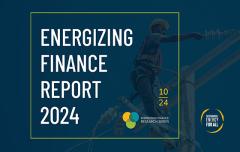
Research
25 Nov 2024
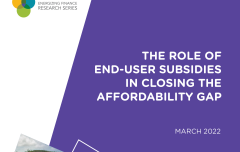
Knowledge brief
31 Mar 2022
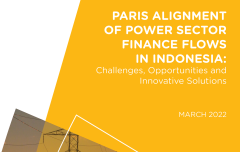
Knowledge brief
03 Mar 2022
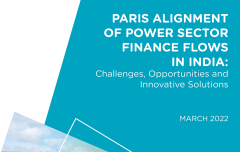
Knowledge brief
03 Mar 2022
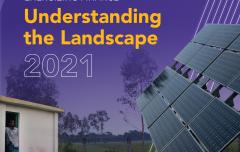
Research
14 Oct 2021
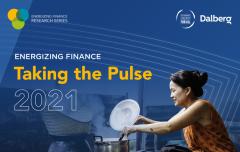
Research
14 Oct 2021
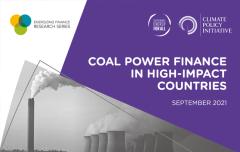
Knowledge brief
16 Sep 2021
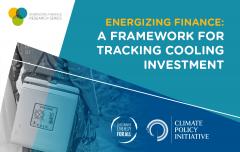
Knowledge brief
23 Feb 2021
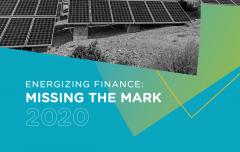
Research
19 Nov 2020
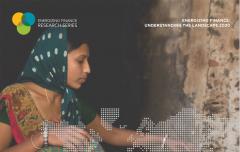
Case study
19 Nov 2020
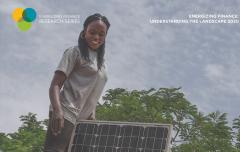
Case study
19 Nov 2020

Research
19 Nov 2020
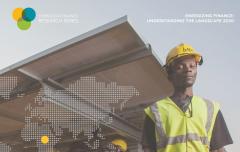
Case study
19 Nov 2020
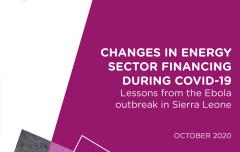
Knowledge brief
08 Oct 2020
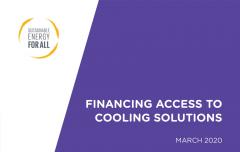
Knowledge brief
31 Mar 2020
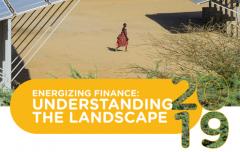
Research
22 Oct 2019
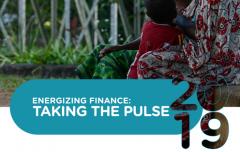
Research
22 Oct 2019
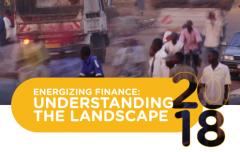
Research
12 Nov 2018

Research
01 Sep 2017
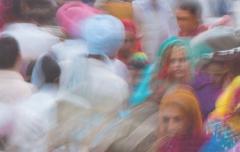
Research
01 Sep 2017
